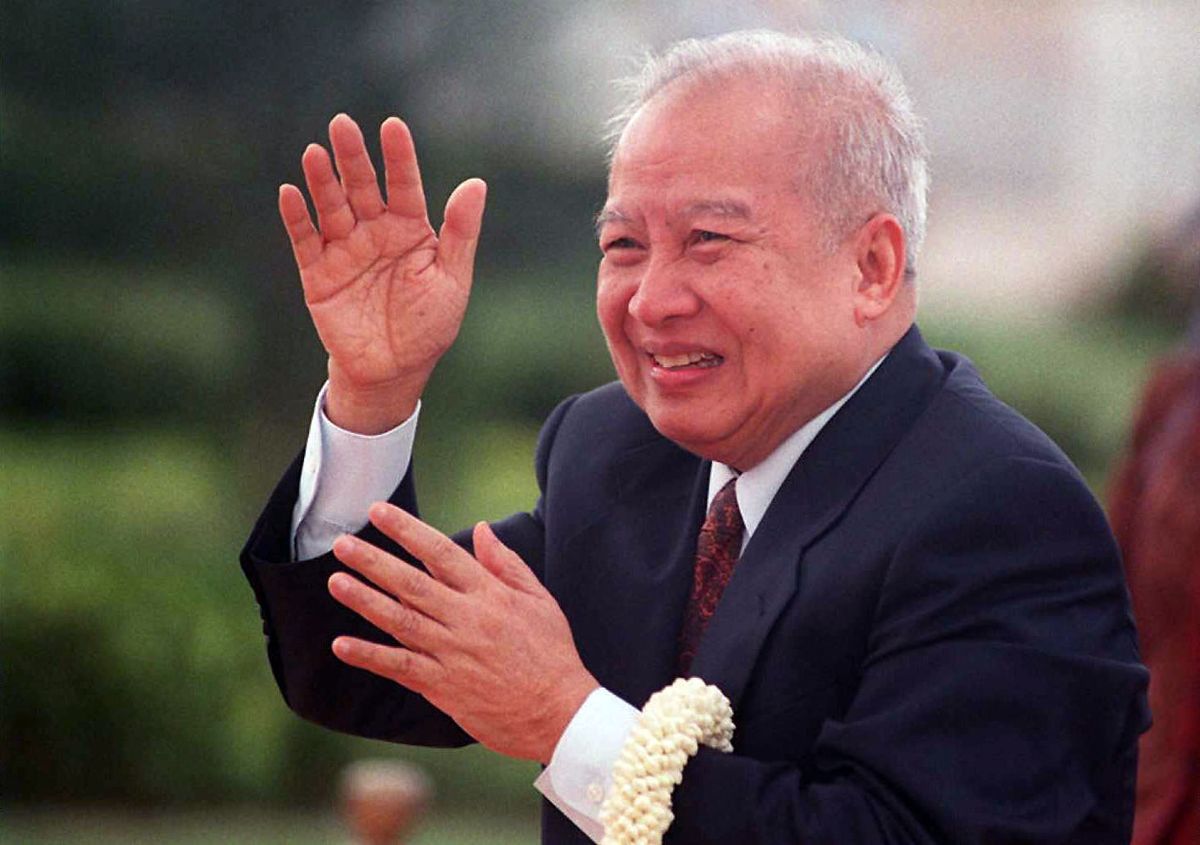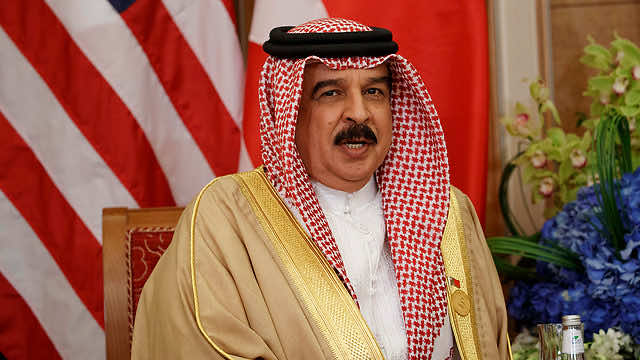pivot62.com – Prince Norodom Sihanouk, one of Cambodia’s most significant and influential figures, played a central role in shaping the nation’s political and cultural landscape throughout the 20th century. Born in 1922, Sihanouk’s life spanned a turbulent period in Cambodia’s history, during which he navigated colonial rule, independence, war, and the devastating Khmer Rouge regime. His leadership, both as king and as a political figure, helped define Cambodia’s modern identity and played a key part in its complex political developments.
Early Life and Ascension to the Throne:
Norodom Sihanouk was born on October 31, 1922, into the royal family of Cambodia. He was the son of King Norodom Suramarit and Queen Sisowath Kossamak, both of whom were important figures in the Cambodian monarchy. Sihanouk’s early life was shaped by the royal traditions of Cambodia, but his rise to power would be complicated by the colonial presence of France.
In 1941, at the age of 18, Sihanouk ascended to the throne as King Norodom Sihanouk, succeeding his father. His reign began during a period of French colonial control over Cambodia, and he quickly became a symbol of the Cambodian people’s desire for autonomy. While initially seen as a figurehead under French rule, Sihanouk’s charisma, ambition, and political maneuvering soon made him a dominant figure in Cambodian politics.
The Road to Independence:
In the years following his ascension to the throne, Sihanouk became increasingly focused on securing Cambodia’s independence from French colonial rule. His skillful diplomacy and ability to balance various political forces helped lead Cambodia to independence in 1953, a goal that had eluded many Cambodian leaders before him.
Sihanouk’s leadership was instrumental in securing independence for Cambodia, and he was heralded as a national hero. After the country gained independence, Sihanouk continued to push for Cambodia’s sovereignty on the global stage. His role as a political leader, both domestically and internationally, grew as he worked to maintain Cambodia’s independence and neutrality in the midst of Cold War tensions.
Reign as King and Political Leadership:
King Norodom Sihanouk’s reign (1953-1970) saw a period of relative stability and prosperity for Cambodia, which was underpinned by his active leadership. He pursued a policy of neutrality, positioning Cambodia as a neutral state in the conflict between the U.S. and communist forces in Southeast Asia. He attempted to steer Cambodia away from the influence of both the United States and communist Vietnam.
Sihanouk also made significant strides in modernizing Cambodia’s infrastructure, education, and economy. Under his rule, Cambodia saw an increase in foreign investment and a cultural renaissance, which included the promotion of the classical Khmer arts and the preservation of Cambodia’s heritage.
Despite his initial success in diplomacy, Sihanouk’s reign was not without challenges. Domestic politics were fraught with opposition, and the Vietnam War had a destabilizing effect on Cambodia. In 1970, while Sihanouk was in France for medical treatment, a coup led by General Lon Nol ousted him from power. This event would set the stage for one of the most tragic and devastating periods in Cambodian history.
Exile and Return to Power:
After being deposed in 1970, Sihanouk spent years in exile. During this time, he attempted to build alliances with various factions, including the Khmer Rouge, the communist guerrilla group that would ultimately seize power in 1975. Sihanouk initially supported the Khmer Rouge, hoping they would protect Cambodia’s sovereignty from foreign influence. However, the Khmer Rouge’s brutal and genocidal rule soon proved disastrous for the Cambodian people, and Sihanouk became a prisoner of the regime.
From 1975 to 1979, Cambodia suffered under the Khmer Rouge’s radical policies, which resulted in the deaths of an estimated 1.7 million people. Sihanouk’s support for the Khmer Rouge was tragically seen as a miscalculation, and he was left powerless to intervene. After the fall of the Khmer Rouge, Sihanouk was restored to power by the Vietnamese-backed government in 1979, though he no longer held the same influence.
Return to the Throne and Legacy:
Sihanouk’s legacy continued to unfold even after his formal abdication in 2004, when his son, King Norodom Sihamoni, succeeded him. Although his health had declined in his later years, Sihanouk remained a highly respected figure in Cambodian politics and culture, even during his exile in Beijing. He was revered for his role in securing Cambodia’s independence, and his contributions to the nation’s identity were acknowledged by many, despite the challenges he faced.
Prince Norodom Sihanouk’s legacy is one of both triumph and tragedy. He played a crucial role in Cambodia’s independence, modernization, and cultural preservation, yet he also witnessed the horrors of the Khmer Rouge era and the destruction of much of the progress his leadership had achieved. His complex and multifaceted life makes him a towering figure in Cambodia’s history, and his influence remains felt in the nation today.
Conclusion:
Prince Norodom Sihanouk was a towering figure whose life spanned Cambodia’s most turbulent and transformative periods. From his early years as a monarch who led Cambodia to independence, to his later years in exile and eventual return to power, Sihanouk’s impact on the country was immeasurable. His political skill, diplomatic efforts, and dedication to Cambodia’s sovereignty left an indelible mark on the nation’s history.
Though his life was marred by conflict and the devastation of the Khmer Rouge, Prince Sihanouk’s legacy as the father of modern Cambodia remains intact. His contribution to Cambodian independence, cultural identity, and political leadership has made him one of the most important and memorable figures in the history of Southeast Asia.

